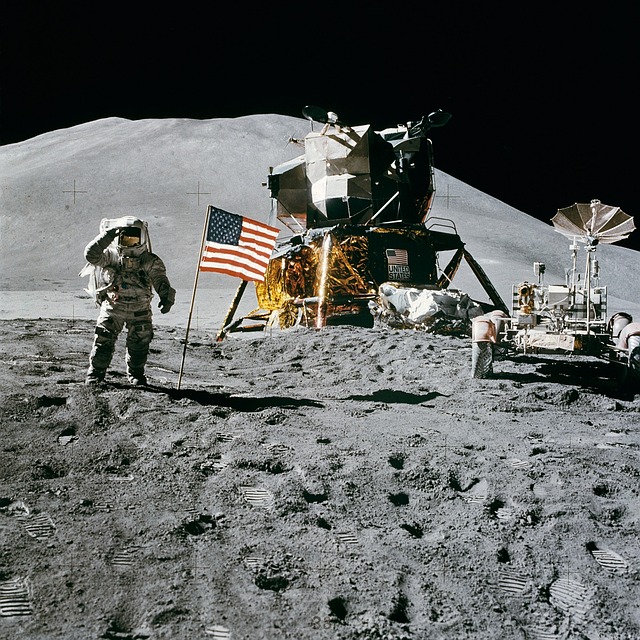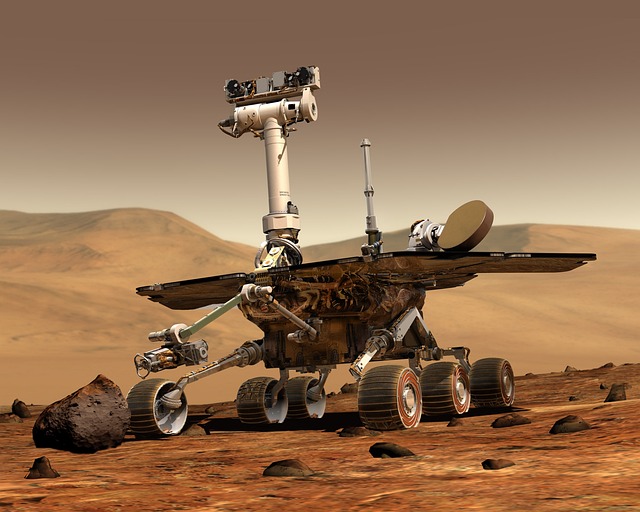The cosmos has always been a realm of mystery and wonder, calling out to humanity with its vast expanse and uncharted territories. As we stand at the threshold of a new era, AI in space research is transforming the way we explore and understand the universe. In this journey, robotics and artificial intelligence have emerged as pivotal tools, revolutionizing not only the scientific methods used in space research but also our very perception of what is possible beyond our home planet.
Imagine a scenario where a robotic explorer, equipped with advanced artificial intelligence, autonomously navigates the surface of Mars, collecting data and samples without the need for human intervention. These sophisticated machines are no longer just mechanical arms but learners and problem solvers, developing new skills as they encounter unforeseen challenges in the alien terrain. The deployment of robots equipped with AI capabilities has significantly enhanced our ability to gather data from environments that are harsh and inhospitable.
Moreover, the integration of machine learning algorithms allows these robotic systems to analyze vast amounts of data in real-time, providing insights that were previously unimaginable. The collaboration between humans and intelligent machines is redefining our approach to exploration, shifting the paradigm from purely human-led missions to a synergistic partnership where AI supports and augments human decision-making.
In the realm of space research, we also witness the rise of automation. As the complexity of data and the demands of missions grow, automated systems can streamline operations, from data acquisition to analysis. AI in space research plays a crucial role in automating repetitive tasks, freeing researchers to focus on higher-level problem-solving and creative thinking. This not only enhances productivity but also fosters innovation, as scientists can delve into the unknown with renewed vigor, knowing that their robotic colleagues are handling the routine and labor-intensive aspects of research.
The implications of these advancements extend beyond the confines of academia and space exploration. Businesses, inspired by the successes of AI in space research, are beginning to adopt similar technologies to push the boundaries of what they can achieve. Automation and AI are becoming integral to improving efficiency, enhancing service delivery, and driving ideation in various sectors. The lessons learned from the cosmos are melting into the fabric of everyday operations, enriching business processes and cultivating a culture of continuous improvement.
As we embrace the technological renaissance brought on by AI and robotics, we must also consider the ethical dimensions of this evolution. The questions of accountability, safety, and the impact of AI decisions are crucial as we tread further into uncharted territories. It is essential to ensure that the advancements serve humanity’s broader interests while fostering a sense of responsibility in how we interact with these intelligent systems.
The story of AI in space research isn’t just about the machines; it’s about humanity’s relentless quest for knowledge, the desire to explore the unknown, and the indomitable spirit that drives us to reach for the stars. As we continue to innovate and expand the boundaries of what we know, let us remember that with each new technological advancement, we are also illuminating the path toward greater understanding, both of our universe and of ourselves.




